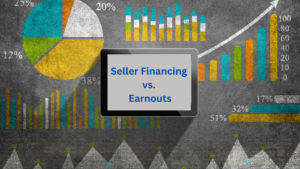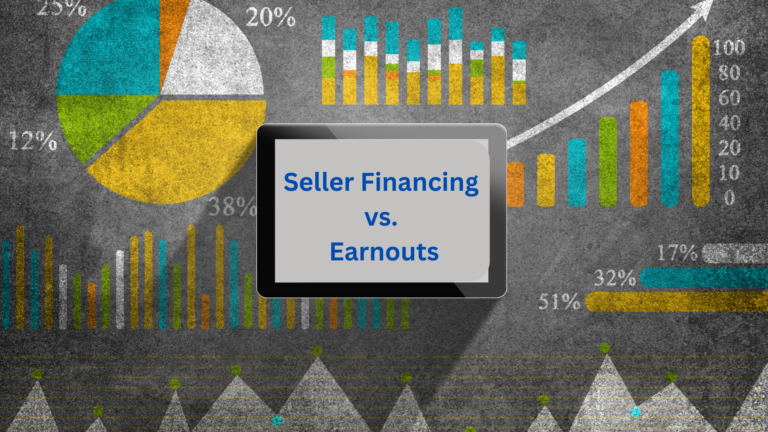Selling a business is a significant milestone, but it’s not just about finding the right buyer—it’s about ensuring the deal successfully closes. One of the most critical phases in this process is buyer due diligence. This is where the buyer thoroughly verifies every aspect of your business, including financials, contracts, operations, and employee structure. Even minor red flags can lead to price renegotiations or, in some cases, the deal falling apart entirely.
Understanding the due diligence process and preparing in advance can make a substantial difference in achieving a successful sale. Here’s what you need to know:
What to Expect During Buyer Due Diligence
Due diligence typically begins after signing a Letter of Intent (LOI) or term sheet, though some buyers conduct preliminary checks beforehand. The goal is to confirm that the business is as represented before the buyer fully commits.
Key Phases of Due Diligence
1) Preparation (Before LOI)
- Sellers should organize essential documents, including financial statements, contracts, and legal records.
- Buyers may request a high-level overview and financials before making an official offer.
- Conducting a pre-sale business valuation and reviewing documentation can help sellers identify and address potential concerns in advance.
2) Signing the LOI (or Term Sheet)
- LOI outlines key deal terms and grants the buyer exclusivity during due diligence.
- Structuring the LOI with favorable terms is crucial to protecting the seller’s interests while maintaining negotiating power.
3) Full Due Diligence Begins
The buyer will conduct a thorough review of the business across multiple categories:
- Financial Due Diligence – Examining P&L statements, balance sheets, tax returns, and projections to assess financial health and risks.
- Legal Due Diligence – Reviewing ownership structures, contracts, potential lawsuits, and compliance issues.
- Operational Due Diligence – Analyzing business models, supply chains, and internal processes for risks and efficiencies.
- Human Resources & Employment – Evaluating employee contracts, benefits, and potential liabilities.
- Tax & Compliance Review – Ensuring all tax filings are current and identifying any outstanding obligations.
- Technology & Intellectual Property (if applicable) – Reviewing software, patents, trademarks, and proprietary information.
4) Negotiation & Risk Mitigation
Due diligence often uncovers issues that could lead to renegotiations of price, terms, or contingencies. Sellers should be prepared to:
- Address potential objections before due diligence begins.
- Negotiate counteroffers that maintain valuation integrity.
- Structure favorable deal terms that protect their interests.
5) Finalizing the Deal
Once due diligence is completed, both parties finalize the Purchase Agreement and move toward closing. Sellers should focus on:
- Efficient transaction management to prevent unnecessary delays.
- Confidentiality protections to safeguard sensitive business details.
- Expert negotiation support to secure the most favorable sale terms.
How Long Does Due Diligence Take?
- Small businesses: Typically 30-60 days.
- Larger or more complex deals: Can take 60-120+ days.
Final Thought – Set Yourself Up for a Successful Sale
Selling a business is a major financial and professional decision, and proper preparation can make all the difference. By understanding the due diligence process, organizing key documents, and addressing potential concerns early, sellers can navigate this stage smoothly and maximize their business’s value.
At Accel Business Advisors, we specialize in helping business owners through every step of the sale process. From pre-sale preparation to final negotiations, our expert guidance ensures you’re well-positioned for a seamless and profitable transition.













